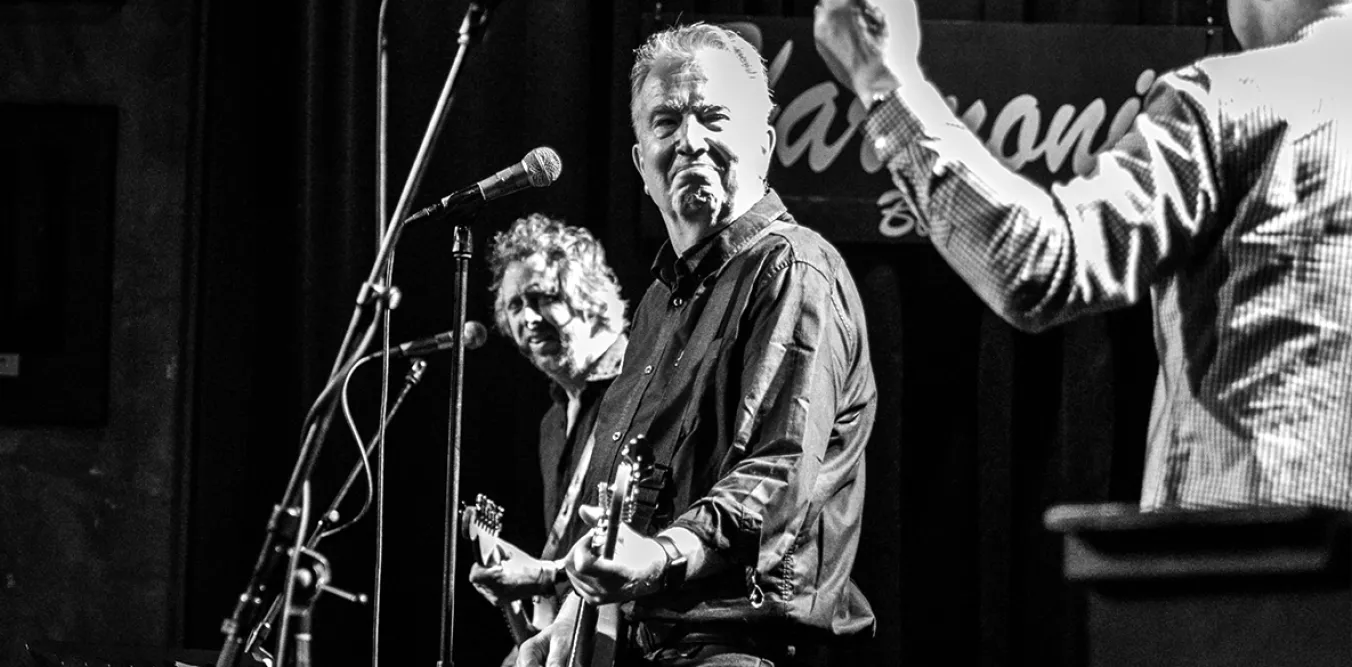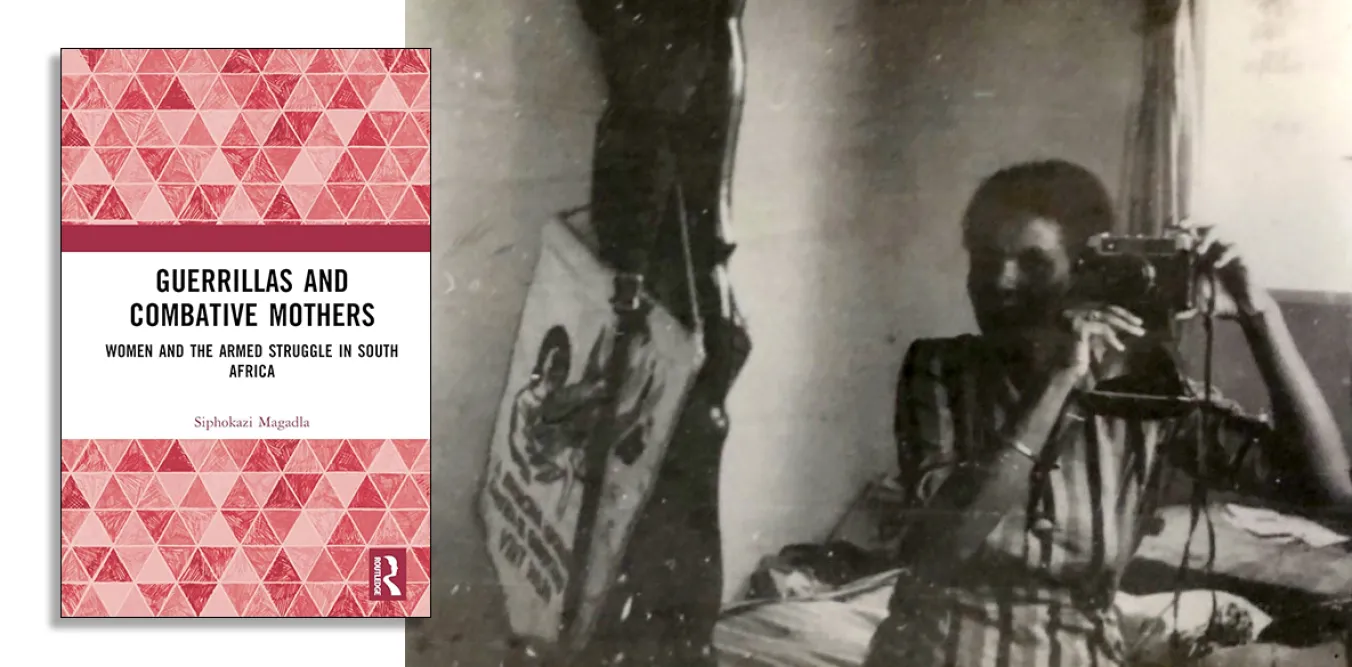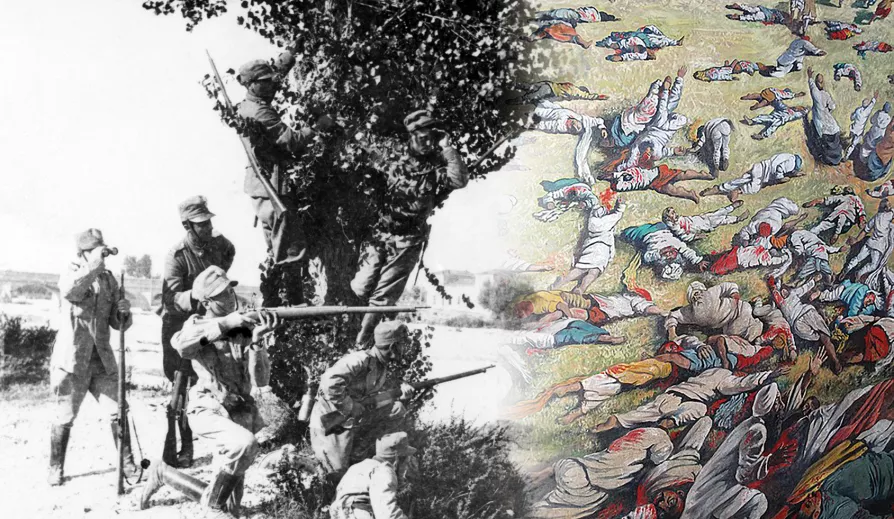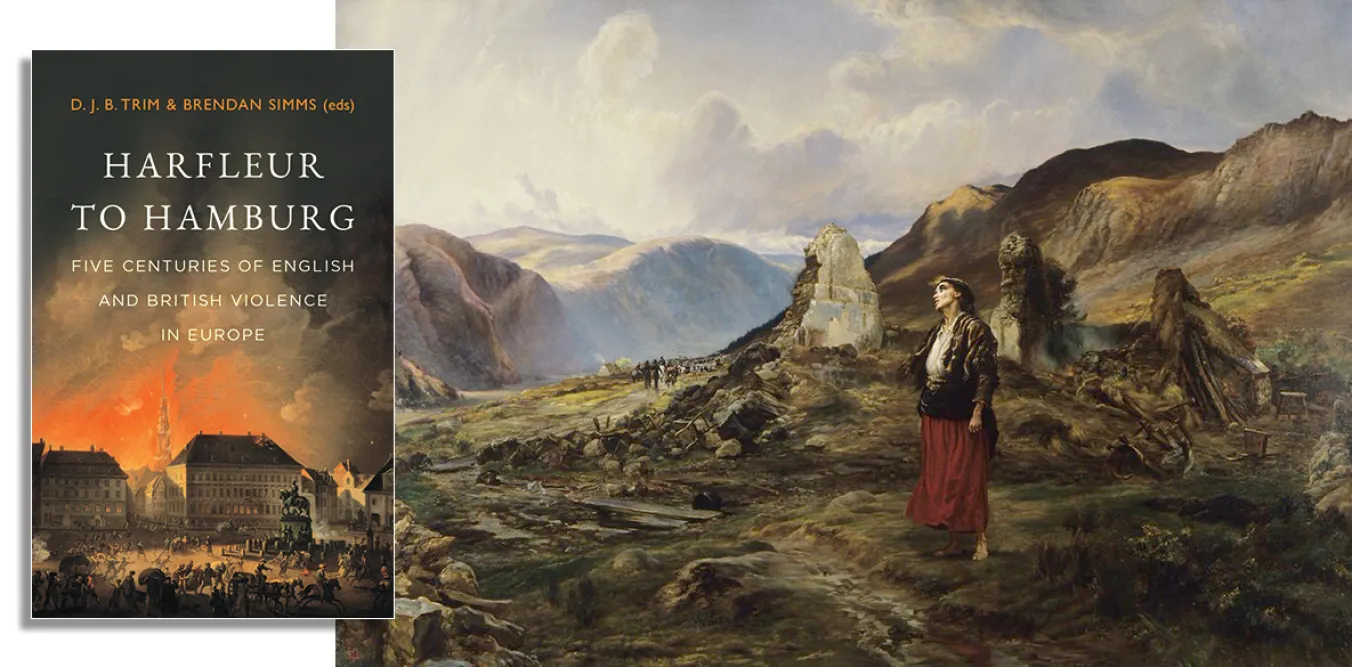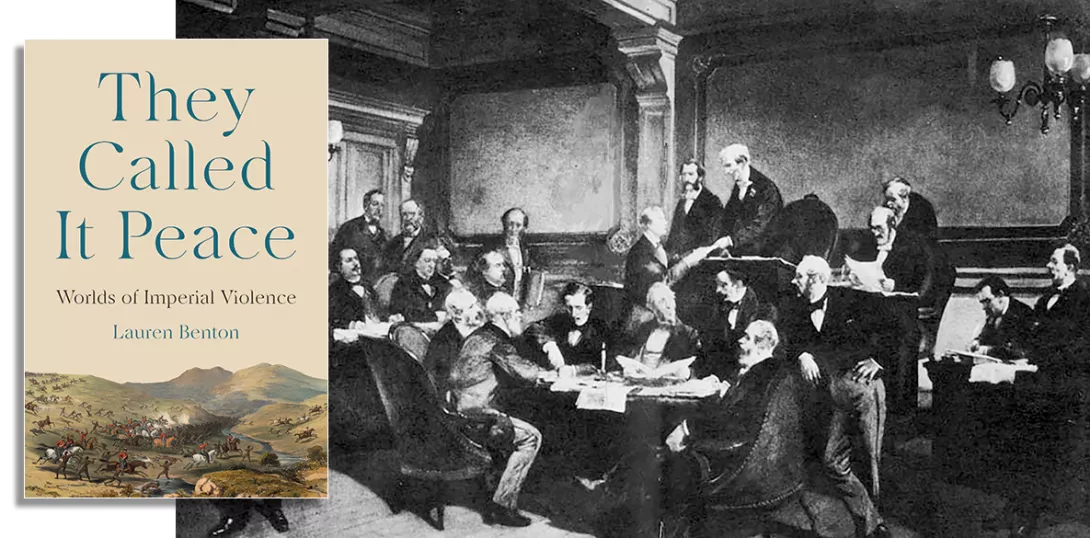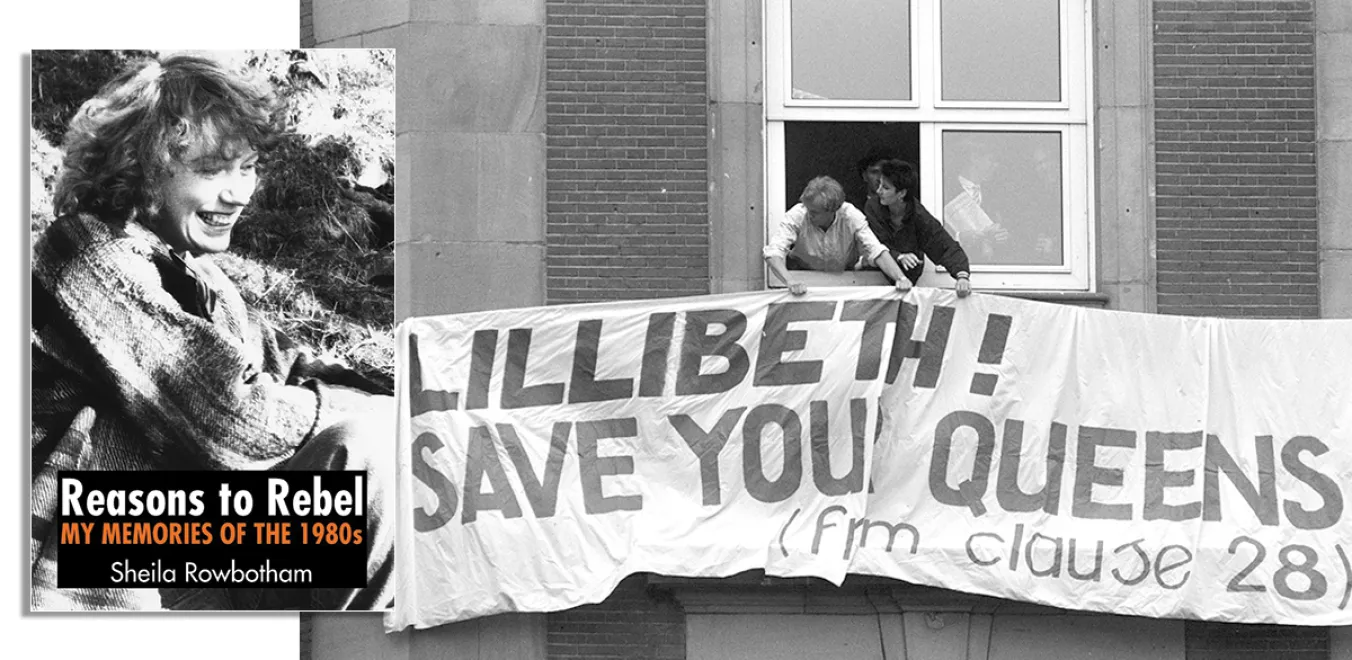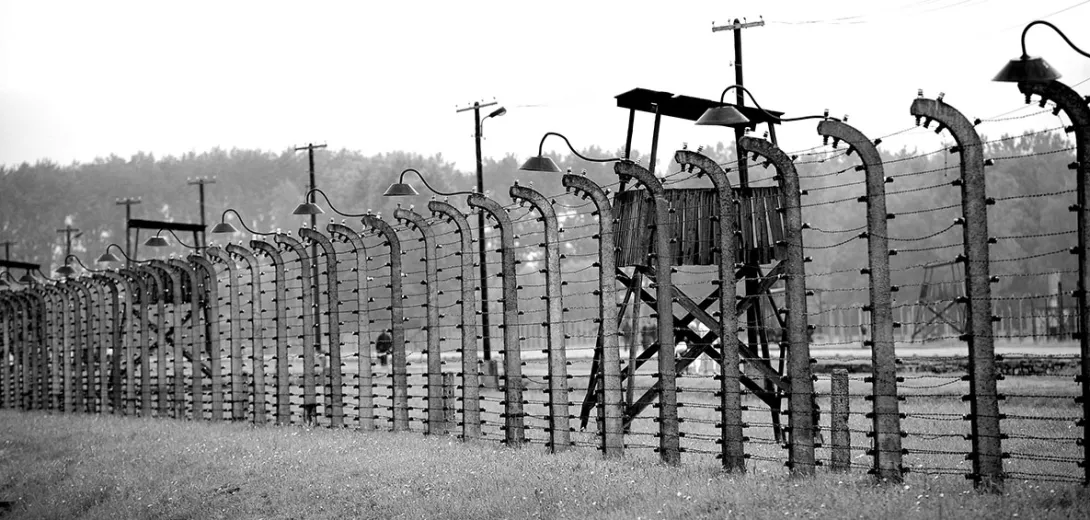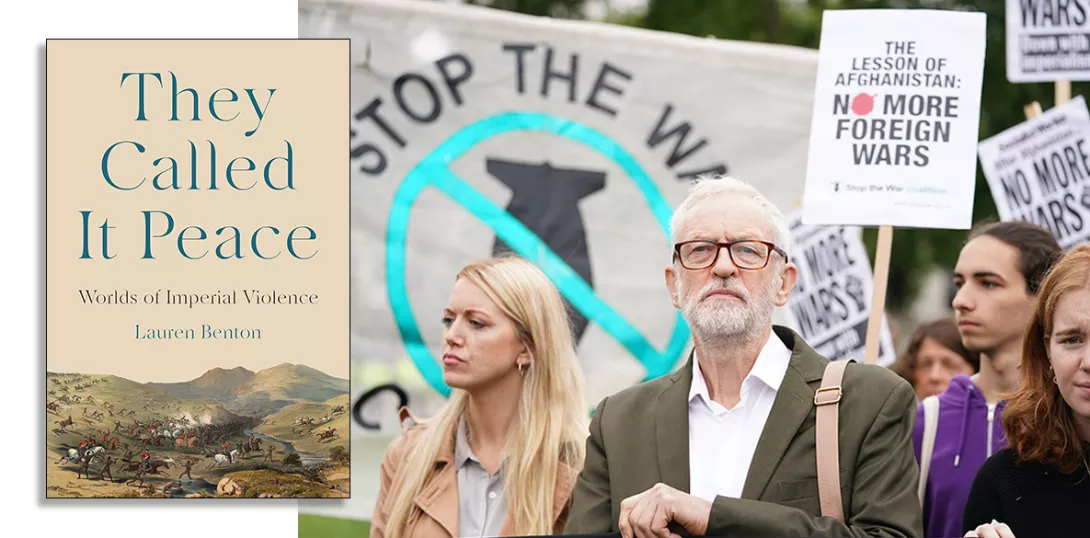
They Called It Peace: Worlds of Imperial Violence
Lauren Benton, Princeton University Press, £35
THIS is an outstanding work which shows how empires cause a state of permanent war across the globe. They have sought to justify their wars with the ritual claim that their “limited” violence prevents catastrophic violence.
In part I Lauren Benton outlines the imperial regime of plunder in early European overseas conquests and in the militarised garrisons that advanced European power. This world of plunder is, as she acknowledges, still the world in which we live.
In part II, A World of Armed Peace, she covers 1750 to 1900. The phrase “armed peace” does not accurately describe what she rightly calls a “regime of violence.”
So where is the difference between her two worlds?
Starting in the 15th century, capitalist states raided and took hostages in global wars, on the pretext that the victim societies needed “protecting” and “policing.” Still today, apologists for empire try to blame wars on the “pre-modern” nature of the victim societies.
Truces and ceasefires, were key elements of conquest. The rulers used truce violations as opportunities to launch reprisal wars of cataclysmic violence. The claim to be maintaining order — what the British empire called the “king’s peace” — was used to justify violent oppression, as is today’s “rules-based international order.”
Empires brought not order but the perpetual violence of the enslavement of millions, built on a permanent state of war between enslaved men and women and their enslavers.
Investment and war advanced hand in hand. Empires’ apologists used talk of protection (humanitarian intervention) as cover for new modes of imperial violence that enforced capitalist investment across borders.
The legal logic of protection let the empires move from limited interventions to violent land grabs, to the dispossession and exile of indigenous peoples, to labour trafficking on a vast scale, even to campaigns of extermination. The empires called these wars limited; their victims experienced all-out war. Empires called even their horrific campaigns of extermination, like the killing of all aboriginal Tasmanians, temporary and necessary.
The wars against native peoples in the Western territories of the 19th century US, the serial frontier wars of southern Africa, the continual settler violence against aboriginal communities in New South Wales and Tasmania, the violent expansion into indigenous lands by South American republics, the relentless push by Russia into central Asia, and French advances into northern Africa and Indochina, all started with Europeans claiming to be defending their subjects, and escalated into advancing imperial interests, under the sign of imposing civilisation and order.
The philosopher Jeremy Bentham rightly said that European governments should pursue peace by giving up their colonies. But he recognised that governments representing the interests of the tiny minority ruling class always claim that their interests are the interests of the nation.
The ideas that declaring reasons for war (jus ad bellum) and laws for regulating conduct of war (jus in bello) would prevent wars have clearly not worked. Imperial wars brought not the promised peace but more wars.
Empires still deploy elastic discourses of self-defence and reprisal to justify their violence, from Bush’s “war on terror” to Putin’s “special military operation” to Netanyahu’s assault on Palestine. Every war is justified now as helping to prevent World War III, when every war in fact brings us closer to World War III.
Prof Benton concludes: “The only sure way to prevent war crimes as an effect of small wars, it seems, is not to start them at all… The history I have told at least exposes the myth that law worked to contain violence… As in the protest chants against the Vietnam War that I still remember, history tells us to say no to war, at any scale.”
This is excellent advice to those of us living under states still wedded to violent war. Yet nations attacked by these brutal empires have every right to wage wars of national liberation to win their freedom.
